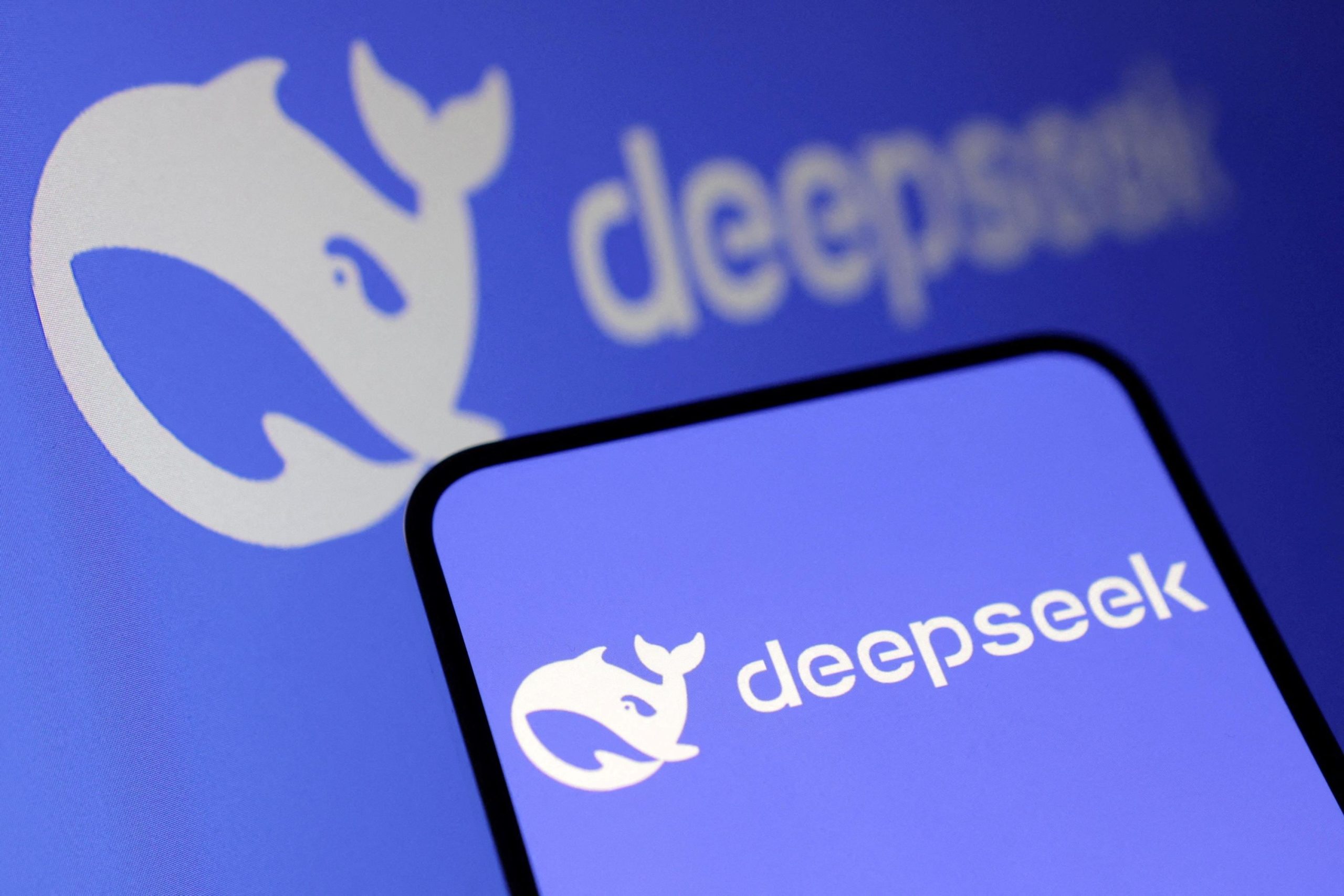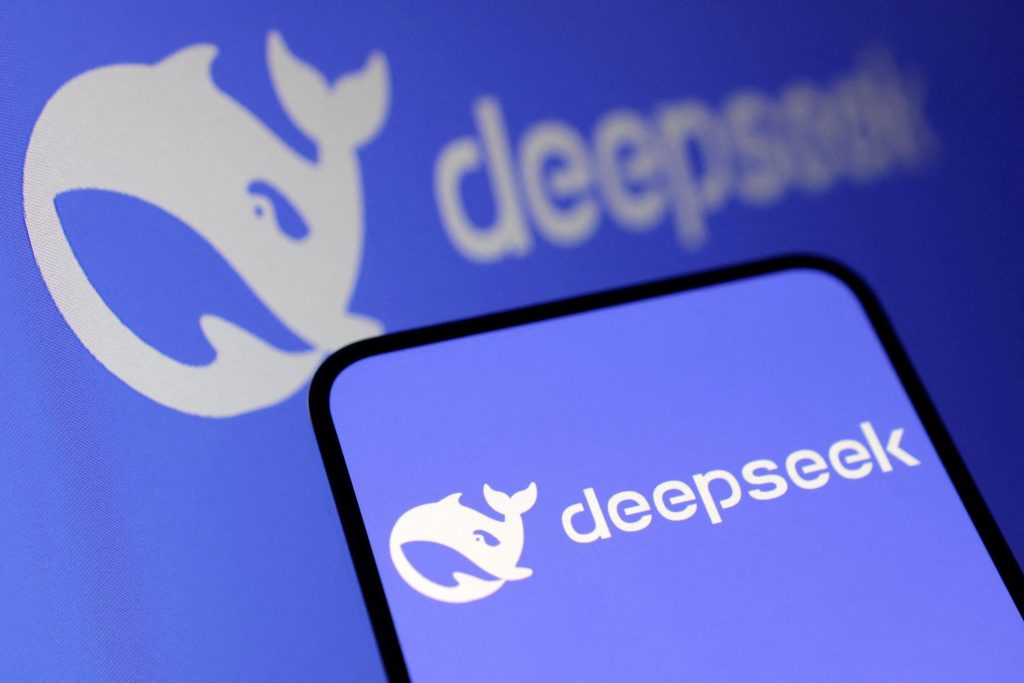The U.S. Navy has officially banned its members from using DeepSeek AI, a popular app developed in China, citing serious concerns about data privacy and national security. The app, which many users enjoy for its ability to generate content and provide AI-powered assistance, is now off-limits to Navy personnel amid fears that sensitive information could be exposed.
What’s the Big Deal with DeepSeek AI?
DeepSeek AI isn’t just another app—it’s been growing rapidly in popularity thanks to its advanced AI features. But here’s the catch: all user data, including personal details and interactions, is stored on servers located in China. And that’s where the problem lies.

In China, strict cybersecurity laws mean that companies must hand over data to the government if requested. This has raised red flags among U.S. military officials, who are worried that the app could unintentionally expose sensitive information or even become a backdoor for surveillance.
Reminiscent of Another TikTok-Style Security Incident
If you recognize this, it’s because it is. U.S. officials’ investigation into TikTok’s Chinese ownership and possible national security dangers caused a similar uproar. Despite the lack of hard evidence of exploitation of user data, mass action was sparked by the dread of “what if.”
DeepSeek now finds itself in the same spotlight. The Navy’s move isn’t just about this app—it reflects ongoing concerns about foreign-developed tech and its potential risks.
What This Means for the Future of AI in the U.S.
It’s possible that the Navy’s prohibition on DeepSeek is only the beginning. More monitoring of apps with international connections is to be expected as AI technology becomes more potent and pervasive in our daily lives. Tighter regulations may be implemented by the government to protect private and sensitive data, particularly in sectors like defense where security cannot be compromised.
At this time, the message is clear: The United States is setting limits on AI apps created abroad, particularly when those apps have the potential to jeopardize national security.

